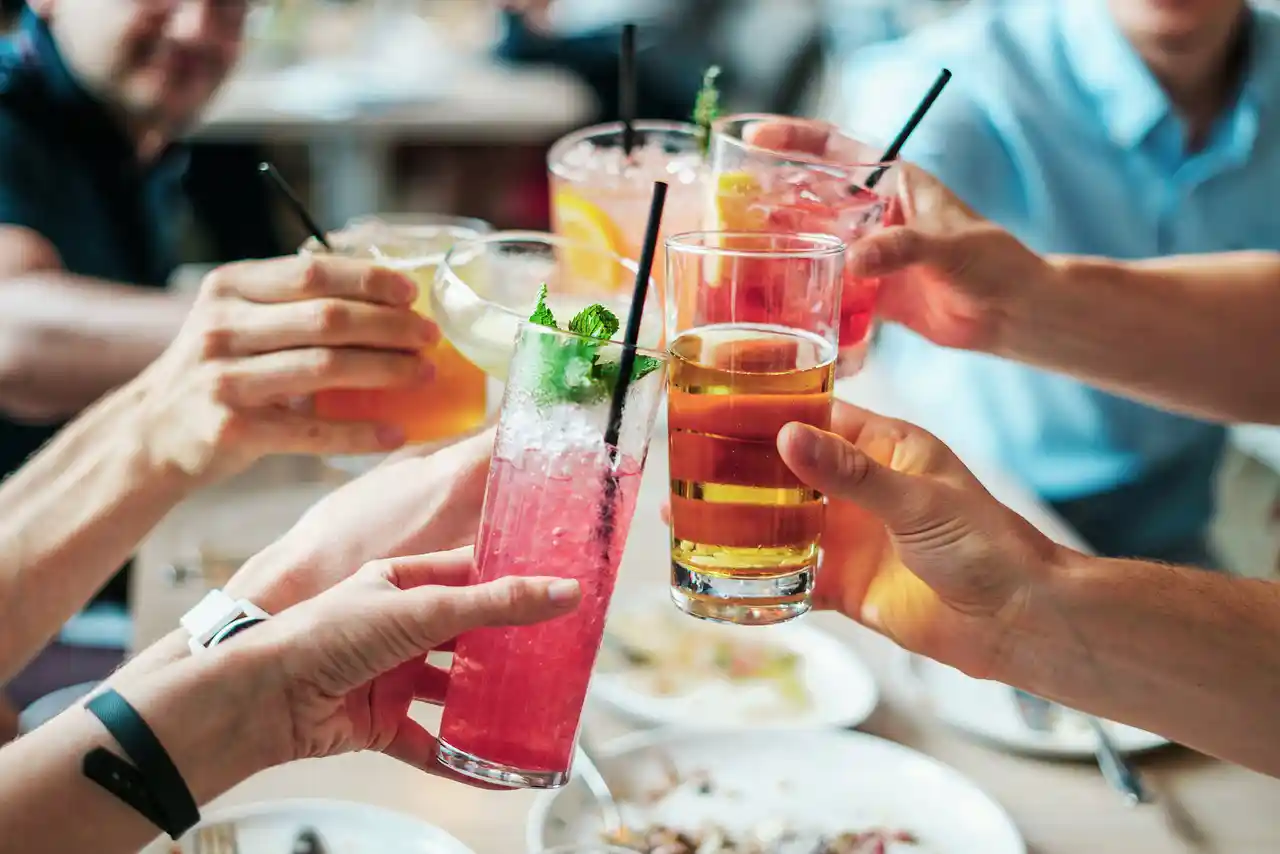As our society becomes increasingly conscious of environmental sustainability, individuals and businesses are looking for ways to reduce their carbon footprint. The cocktail industry is no exception, and many mixologists are now focusing on creating eco-friendly cocktails. Sustainable cocktails are not only better for the environment, but they also provide an opportunity for bartenders to get creative with their mixology skills. In this article, we will explore what sustainable cocktails are, why they are important, and how you can make them.
1. Introduction
The cocktail industry is notorious for its wasteful practices, from using plastic straws to tossing out garnishes and ingredients that are not used. Sustainable cocktails are a way to reduce waste and promote environmental consciousness in the industry. By using eco-friendly ingredients and techniques, bartenders can create delicious cocktails that are better for the planet.
2. What Are Sustainable Cocktails?
Sustainable cocktails are cocktails that are made with eco-friendly ingredients and techniques. These cocktails are created with the environment in mind and aim to reduce waste, conserve resources, and promote sustainability. Sustainable cocktails can be made with organic and local produce, biodynamic and sustainable wines, fair trade and ethically sourced spirits, and plastic-free alternatives.
3. The Importance of Sustainable Cocktails
The cocktail industry is not known for its environmentally conscious practices, but this is changing. Sustainable cocktails are important because they reduce waste, conserve resources, and promote environmental consciousness. By using eco-friendly ingredients and techniques, bartenders can create cocktails that are not only delicious but also sustainable.
4. Eco-Friendly Ingredients for Sustainable Cocktails
Organic and Local Produce
Organic produce is grown without the use of synthetic fertilizers, pesticides, or herbicides. By using organic produce in cocktails, bartenders can reduce their environmental impact and support local farmers. Local produce is also better for the environment because it reduces the carbon footprint associated with transportation.
Seasonal Fruits and Vegetables
Seasonal produce is better for the environment because it requires fewer resources to grow and transport. By using seasonal fruits and vegetables in cocktails, bartenders can create drinks that are both sustainable and delicious.
Biodynamic and Sustainable Wines
Biodynamic wines are made with grapes that are grown using biodynamic farming practices. These practices focus on soil health and biodiversity and aim to create a self-sustaining ecosystem. Sustainable wines are also better for the environment because they use fewer chemicals and promote biodiversity.
Fair Trade and Ethically Sourced Spirits
Fair trade spirits are made with ingredients that are ethically sourced and support fair labor practices. Ethically sourced spirits are also better for the environment because they promote sustainable agriculture and reduce the environmental impact of farming practices.
5. Eco-Friendly Techniques for Sustainable Cocktails
Minimal Waste
Minimal waste techniques involve using every part of an ingredient, reducing the amount of waste produced in the cocktail-making process. This includes using citrus peels and leftover fruits and vegetables in syrups and bitters.
Upcycling and Reusing
Upcycling and reusing involve using ingredients that would otherwise be thrown away or repurposing materials to reduce waste. This includes using leftover wine in sangria or turning fruit peels into garnishes.
Energy Efficient Practices
Energy efficient practices involve reducing energy usage during the cocktail-making process. This includes using energy-efficient appliances and equipment, as well as turning off equipment when not in use.
Plastic-Free Alternatives
Plastic is a major environmental issue, and the cocktail industry is no exception. By using plastic-free alternatives, such as metal straws or compostable cups, bartenders can reduce the amount of plastic waste they produce.
6. Eco-Friendly Cocktails to Try
There are many eco-friendly cocktails to try, from classics with a sustainable twist to new creations. Some examples include:
- The Sustainable Margarita: made with organic tequila, local lime juice, and a salt rim made from upcycled citrus peels.
- The Green Gimlet: made with organic gin, local cucumber and mint, and a homemade syrup made from leftover fruit scraps.
- The Biodynamic Wine Spritz: made with biodynamic sparkling wine, local berries, and a splash of soda water.
7. Conclusion
Sustainable cocktails are a way for the cocktail industry to reduce waste and promote environmental consciousness. By using eco-friendly ingredients and techniques, bartenders can create delicious cocktails that are better for the planet. From using organic and local produce to upcycling and reusing ingredients, there are many ways to make sustainable cocktails. So next time you order a cocktail, ask for an eco-friendly twist!
8. FAQs
- Are sustainable cocktails more expensive than traditional cocktails?
- Not necessarily. While some eco-friendly ingredients may be more expensive, using minimal waste techniques and upcycling ingredients can help reduce costs.
- Can I make sustainable cocktails at home?
- Absolutely! By using eco-friendly ingredients and techniques, you can create delicious and sustainable cocktails in the comfort of your own home.
- Are sustainable cocktails only for people who are environmentally conscious?
- No, anyone can enjoy sustainable cocktails! They are just as delicious and refreshing as traditional cocktails, with the added benefit of being better for the environment.
- What are some other eco-friendly practices in the cocktail industry?
- Other eco-friendly practices include using renewable energy sources, reducing water usage, and promoting biodiversity.
- Where can I find eco-friendly ingredients for my cocktails?
- Many grocery stores and liquor stores now carry organic, local, and sustainable ingredients. You can also check with local farmers markets or specialty stores.



